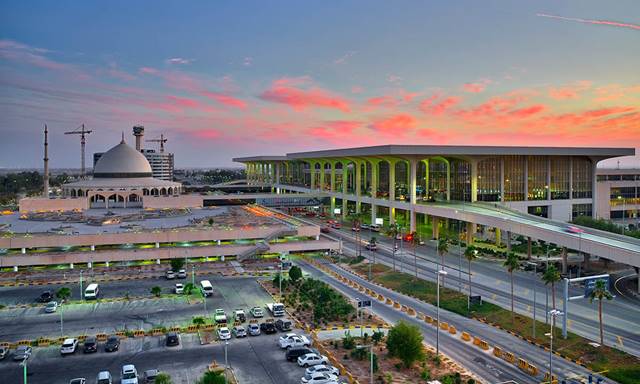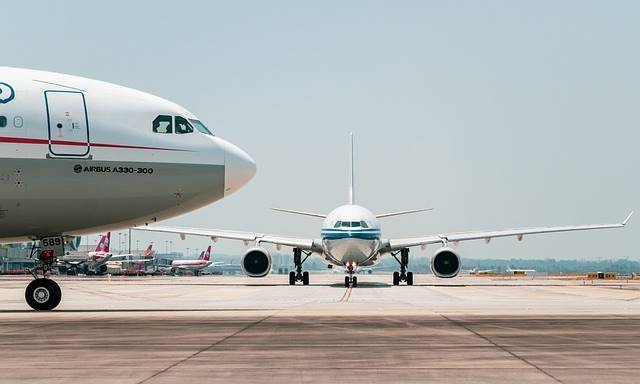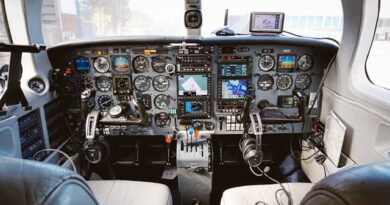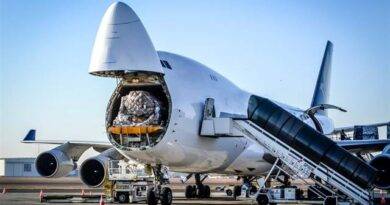Artificial Intelligence and Airport Management
Artificial Intelligence (AI) is transforming various industries, and one area where it has significant potential is airport management. With the increasing demand for air travel and the complexity of airport operations, AI is being utilized to optimize airport processes, enhance passenger experience, and improve overall efficiency. Let’s take a closer look at how AI is revolutionizing airport management.
Predictive Maintenance
AI algorithms can analyze data from various sensors and systems to predict maintenance needs of airport infrastructure such as runways, terminals, and baggage handling systems. This helps in proactive maintenance planning, reducing downtime, and ensuring smooth operations.
Smart Security Screening
AI-powered security screening systems can analyze passenger behavior, facial recognition, and other data to detect potential security threats in real-time. This helps in enhancing security measures while minimizing inconvenience to passengers.

Automated Baggage Handling
AI-powered baggage handling systems can automatically sort, track, and route baggage using computer vision and machine learning algorithms. This minimizes baggage mishandling and improves baggage handling efficiency, leading to enhanced passenger satisfaction.
Personalized Passenger Services
AI can analyze passenger data, including travel preferences, purchase history, and loyalty program information, to provide personalized services such as customized offers, real-time flight updates, and personalized wayfinding assistance. This enhances the passenger experience and improves customer loyalty.
Traffic and Operations Management
AI can analyze real-time data from various sources, including air traffic, weather, and ground transportation, to optimize traffic flow, reduce congestion, and improve overall operational efficiency. This helps in reducing delays, improving on-time performance, and enhancing airport capacity utilization.
Virtual Assistants
AI-powered virtual assistants can provide real-time information, answer passenger queries, and offer assistance through chatbots or voice-enabled interfaces. This improves passenger engagement, reduces the burden on airport staff, and enhances the overall passenger experience.
In conclusion, AI is transforming airport management by enabling predictive maintenance, enhancing security screening, automating baggage handling, providing personalized passenger services, optimizing traffic and operations management, and offering virtual assistants for passenger engagement. As airports continue to face the challenges of growing passenger demand and increasing operational complexity, AI is poised to play a crucial role in improving efficiency, enhancing passenger experience, and ensuring smooth airport operations.
References:
- Belobaba, P., Odoni, A., & Barnhart, C. (2009). The Global Airline Industry. John Wiley & Sons.
- Campbell, J. F., & Mahmassani, H. S. (2014). Artificial intelligence applications in transportation. Transportation Research Part C: Emerging Technologies, 54, 1-4.
- Attri, R., & Sharma, A. (2021). Artificial intelligence in airport management: A systematic review. Journal of Air Transport Management, 92, 101937.
- Menon, A. K., & Maitra, P. (2021). Artificial intelligence in airport operations: A review and research agenda. Journal of Air Transport Management, 92, 101936.
- Palacios-Argüello, J. L., López-Navarro, M. Á., & Martín-Morales, R. (2020). Artificial intelligence for smart airports: A survey. Sensors, 20(20), 5708.
- Khan, M. R., Ullah, H., & Lim, C. P. (2020). Artificial intelligence applications for airport and air traffic management: Challenges and opportunities. Computers, Materials & Continua, 64(2), 1067-1086.
- Pyrgidis, C., & Efthymiou, K. (2019). Airport management in the era of digital transformation: Emerging technologies and challenges. Transport Policy, 76, 21-31.
- International Air Transport Association (IATA). (2018). Baggage Report 2018. Retrieved from https://www.iata.org/contentassets/120b54f2896d4578ab29e19cdd3e1ba3/baggage-report-2018.pdf
- Huang, L., & Chen, Y. (2020). Artificial intelligence and its applications in baggage handling system: A review. Transportation Research Part C: Emerging Technologies, 119, 102810.
- Papadopoulou, T. C., & Bouras, A. (2020). Exploring the potential of chatbots in enhancing passenger experience at airports. Journal of Air Transport Management, 84, 101793.



